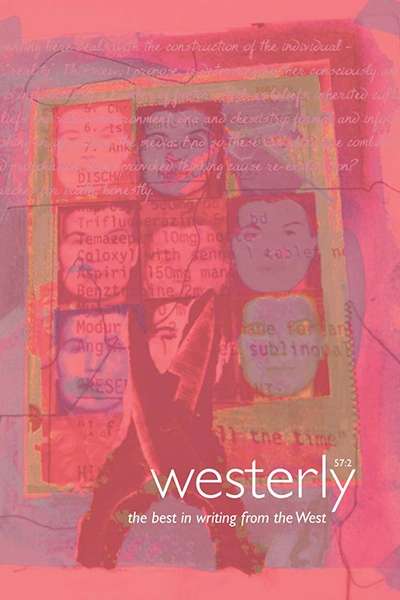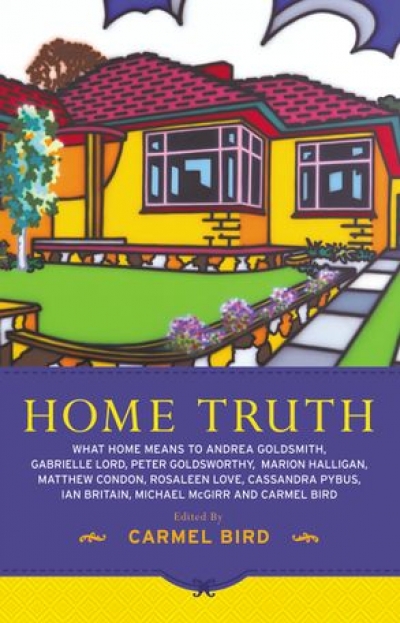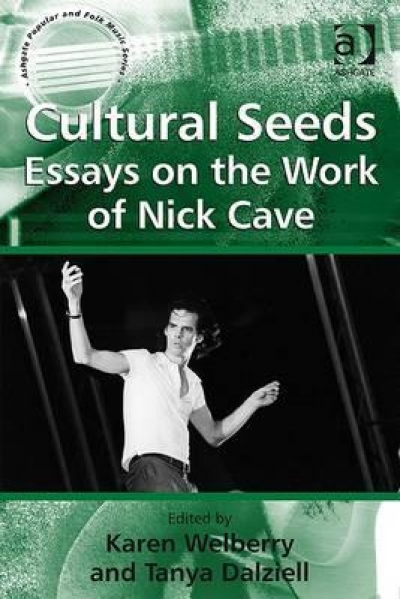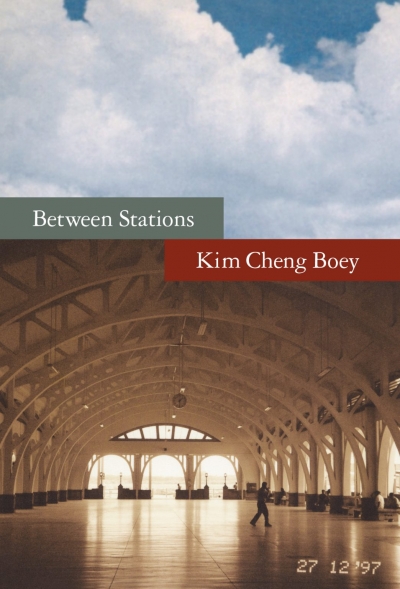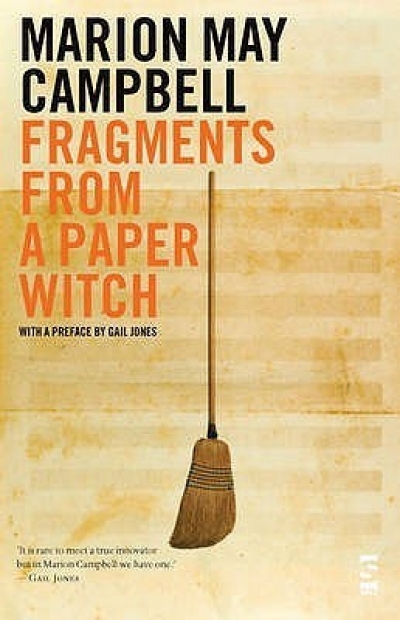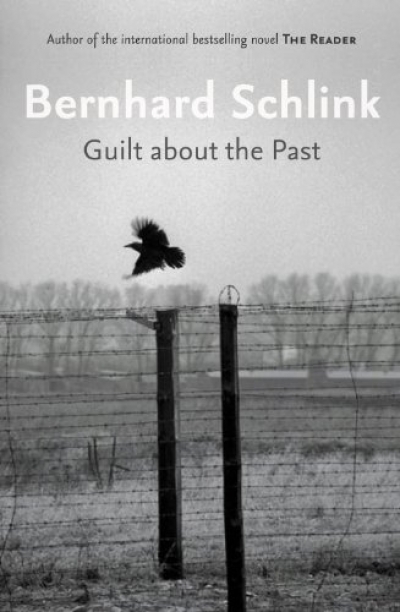Essays
Sign up to Book of the Week and receive a new review to your inbox every Monday. Always free to read.
Recent:
Westerly Vol. 57, No. 2 edited by Delys Bird and Tony Hughes-d’Aeth
What a wonderful thing is the essay! What a hymn to the human mind and its vagaries and cogitations – to its humanness. All honour to Australian Book Review and the Cultural Fund of Copyright Agency Limited for celebrating it with the Calibre Prize – and, of course, to our prize-winning hymnists.
To celebrate the essay with this degree of fanfare shows a certain amount of chutzpah, I think – of ‘courage’ in the Sir Humphrey Appleby sense of the word. (‘A courageous decision, Minister.’)
... (read more)Creative Lives: Personal papers of Australian writers and artists by Penelope Hanley
Cultural Seeds: Essays on the work of Nick Cave edited by Karen Welberry and Tanya Dalziell
Holden Caulfield is a garrulous bore. Seymour Glass is a phoney. Franny and Zooey are spoiled brats. And J.D. Salinger is a media tart. All these things are partly true. To take the last first: there is surely a ring of truth about Imre Salusinzsky’s recent spoof obituary in which Jay Leno and David Letterman are quoted expressing their sadness at the loss of a favourite regular guest who was always ready to front up and sparkle as he promoted an endless succession of Catcher in the Rye merchandise. Salinger, who died on January 27, aged ninety-one, may not have done such things, but at least one of his alter egos might.
... (read more)

